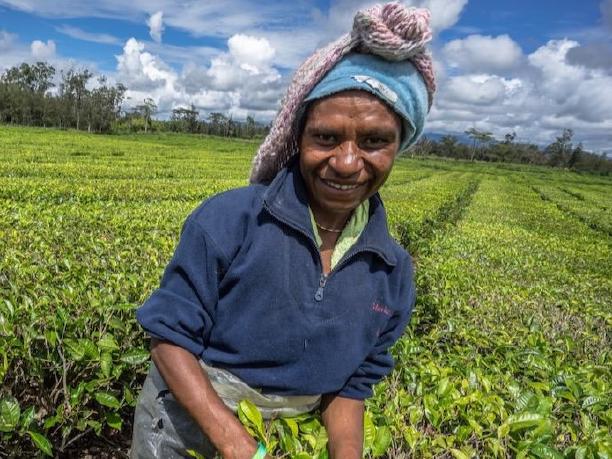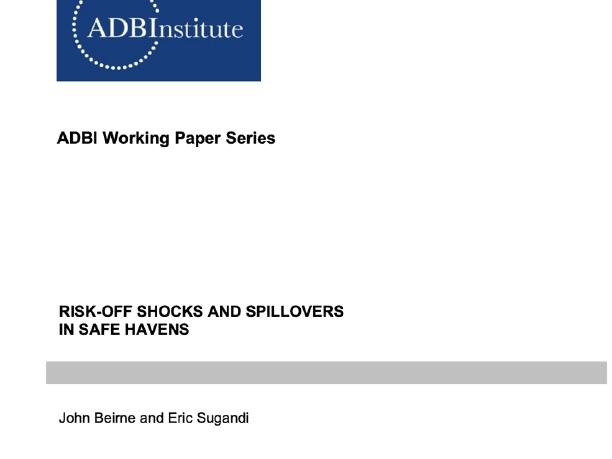The Swiss Agency for Development and Cooperation, the Peace and Human Rights Division (PHRD), part of the Federal Department of Foreign Affairs, and the State Secretariat for Economic Affairs, under the Federal Department of Economic Affairs, Education and Research, are responsible for implementing Switzerland’s international development cooperation. Switzerland joined ADB in 1967.
Switzerland’s International Cooperation Strategy 2025–2028 focuses on four key thematic priorities and targets specific regions and countries to maximize the impact of its development assistance. The first priority is human development, aiming to save lives, alleviate human suffering, and support access to high-quality basic services for the most disadvantaged. The second priority addresses sustainable economic development by creating decent jobs through conducive framework conditions, a dynamic local economy, and a strong private sector. The third priority refers to climate and the environment - the objective is to guarantee environmentally friendly development, resilient to climate change, and natural disasters for the benefit of the most disadvantaged. The fourth priority involves peace and governance - resolving conflicts, promoting peace, democracy and the rule of law, and upholding human rights.
The priority regions in Asia include Central Asia (Tajikistan, the Kyrgyz Republic, and Uzbekistan); the South Caucasus region (Georgia, Armenia, and Azerbaijan); the Mekong region (Cambodia and the Lao People’s Democratic Republic). Priority countries are Afghanistan, Myanmar, Nepal, Vietnam, and Indonesia.
Since becoming a member in 1967, Switzerland has committed $449.9 million to special funds, of which $424.7 million went to the Asian Development Fund (ADF). The ADF provides grants to ADB’s low-income, developing member countries to help reduce poverty and improve the quality of life.




